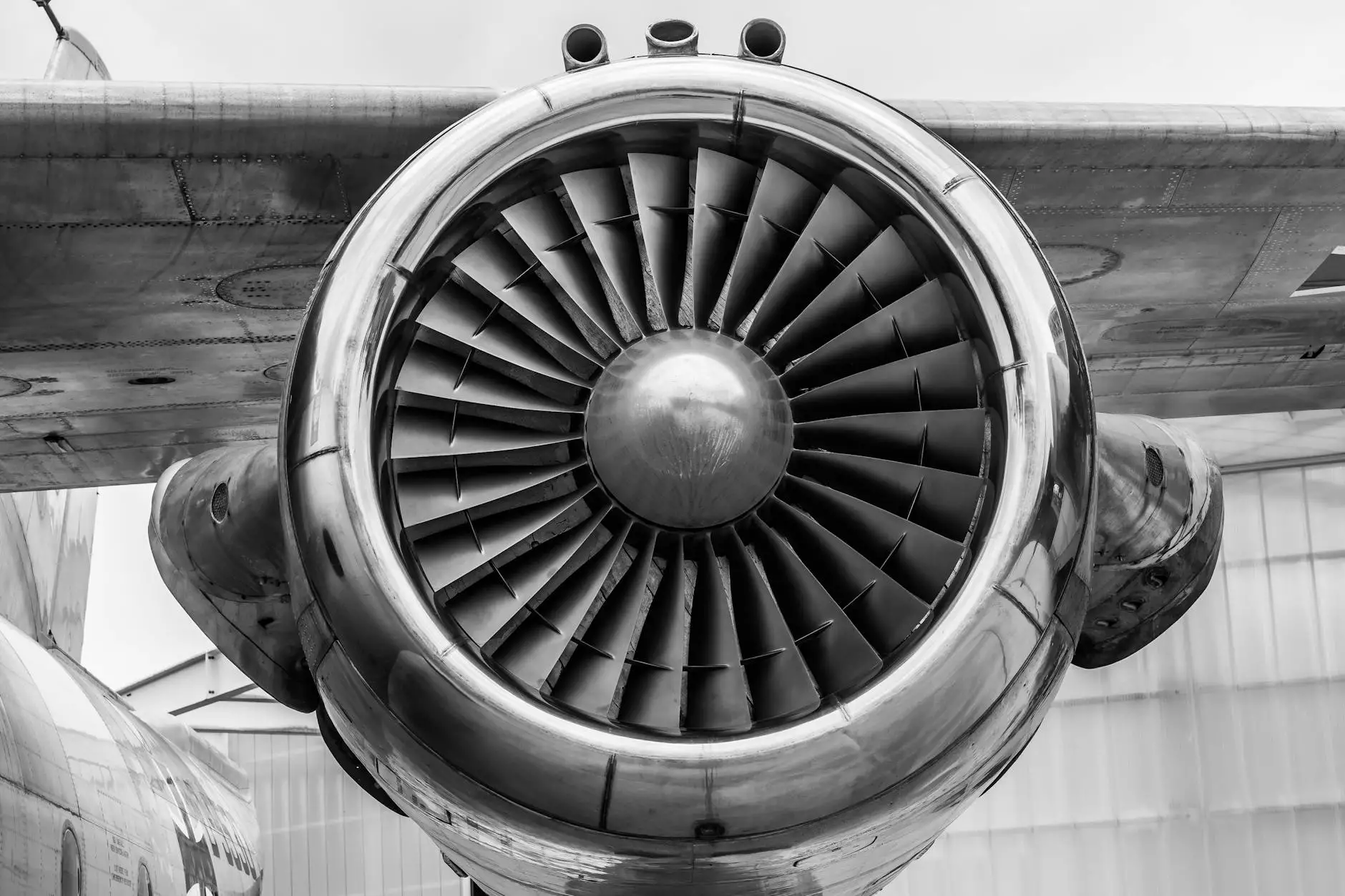Welcome to the World of Aviation: Your Guide to Ecole d Hôtesse de l Air

In today's rapidly evolving world, the aviation industry plays a pivotal role in connecting people and cultures. For those aspiring to be part of this dynamic sector, the ecole d hotesse de l air offers a comprehensive training program designed to prepare individuals for a successful career as flight attendants. This article delves deep into what these schools offer, the skill sets required, and the future career opportunities that await graduates.
What is Ecole d Hôtesse de l Air?
The term ecole d hotesse de l air translates to "school of hostess of the air" in English. These institutions specialize in training flight attendants and are crucial for anyone looking to enter the airline industry. The training programs encompass a variety of subjects that not only prepare candidates for the technical aspects of the job but also instil the necessary soft skills to excel in customer service and safety management.
The Importance of Flight Attendant Training
In an industry where safety and customer experience are paramount, attending a reputable ecole d hotesse de l air is essential. Here are some key reasons why proper training is crucial:
- Safety Protocols: Flight attendants are responsible for ensuring the safety of passengers. A formal training program covers emergency procedures, first aid, and crisis management, equipping graduates with the knowledge to handle challenging situations.
- Customer Service Skills: Attending to passenger needs is at the core of this profession. Training develops communication skills, conflict resolution, and the ability to manage diverse groups of people.
- Industry Standards: Each airline has specific requirements that are often best understood through professional training. Graduates of an ecole d hotesse de l air are more likely to meet the standards and expectations of airlines.
Curriculum Overview at Ecole d Hôtesse de l Air
The curriculum at an ecole d hotesse de l air is designed to be comprehensive and engaging. Here is what you can expect:
1. Safety and Emergency Procedures
This is a cornerstone of the training program, focusing on evacuation protocols, fire safety, and emergency landings. Role-playing scenarios help students experience real-life situations in a controlled environment.
2. Customer Service Training
Understanding the importance of exceptional customer service is crucial. Students learn techniques for effective communication, handling complaints, and providing top-tier service. Simulation exercises enable students to interact with passengers in various scenarios.
3. Cultural Awareness and Diversity Training
Airlines operate on a global scale, and understanding cultural differences is imperative for a flight attendant. Training includes modules on cultural sensitivity, customs, and the ability to communicate with passengers from diverse backgrounds.
4. Language Proficiency
Fluency in multiple languages is a significant advantage in aviation. Schools may offer foreign language classes to help aspiring flight attendants communicate effectively with passengers from around the world.
5. Industry Knowledge
Understanding the aviation industry is crucial for future career success. Students learn about airline operations, ticketing, luggage handling, and the broader context in which airlines function.
Benefits of Attending an Ecole d Hôtesse de l Air
Choosing to train at an ecole d hotesse de l air offers numerous benefits:
- Professional Networking: Being part of a respected training program gives students access to industry professionals and potential hiring connections.
- Career Guidance: Many schools provide counseling and support for job placement, helping graduates transition smoothly into their new roles.
- Hands-on Experience: Most programs include practical training and internships, allowing students to gain real-world experience before entering the job market.
- Prestige and Recognition: Completing a program from a well-known ecole d hotesse de l air enhances your resume and can make candidates more appealing to employers.
Career Opportunities After Graduation
Graduating from an ecole d hotesse de l air opens up various career paths within the aviation sector:
1. Flight Attendant
This is the most obvious and sought-after role. Flight attendants serve as the primary point of contact for passengers, ensuring their safety and comfort throughout the flight.
2. Cabin Crew Manager
With experience, a flight attendant can advance to a managerial position, overseeing the cabin crew team, ensuring compliance with safety regulations, and providing additional training when necessary.
3. Trainer or Instructor
Experienced flight attendants may transition into training roles, teaching new employees the skills they learned during their training.
4. In-Flight Services Coordinator
This role involves planning and managing in-flight services, including food and beverage choices and entertainment options.
Choosing the Right Ecole d Hôtesse de l Air
Not all training schools are created equal. When selecting an ecole d hotesse de l air, consider the following factors:
- Accreditation: Ensure the school is recognized and accredited by relevant aviation authorities.
- Curriculum: Review the course offerings and ensure they align with your career goals.
- Success Rate: Research the school’s graduation and placement rates to gauge the likelihood of securing a job post-graduation.
- Alumni Network: A strong alumni network can provide essential resources and connections in the industry.
Conclusion: Your Future Awaits at Ecole d Hôtesse de l Air
In conclusion, pursuing a career as a flight attendant through an ecole d hotesse de l air represents an exciting opportunity to travel the world, meet new people, and work in a fast-paced environment. With comprehensive training, professional networking, and diverse career paths, you'll be well-equipped to soar in the aviation industry. As you embark on this journey, embrace the challenges and rewards that come with being part of the global aviation community.









